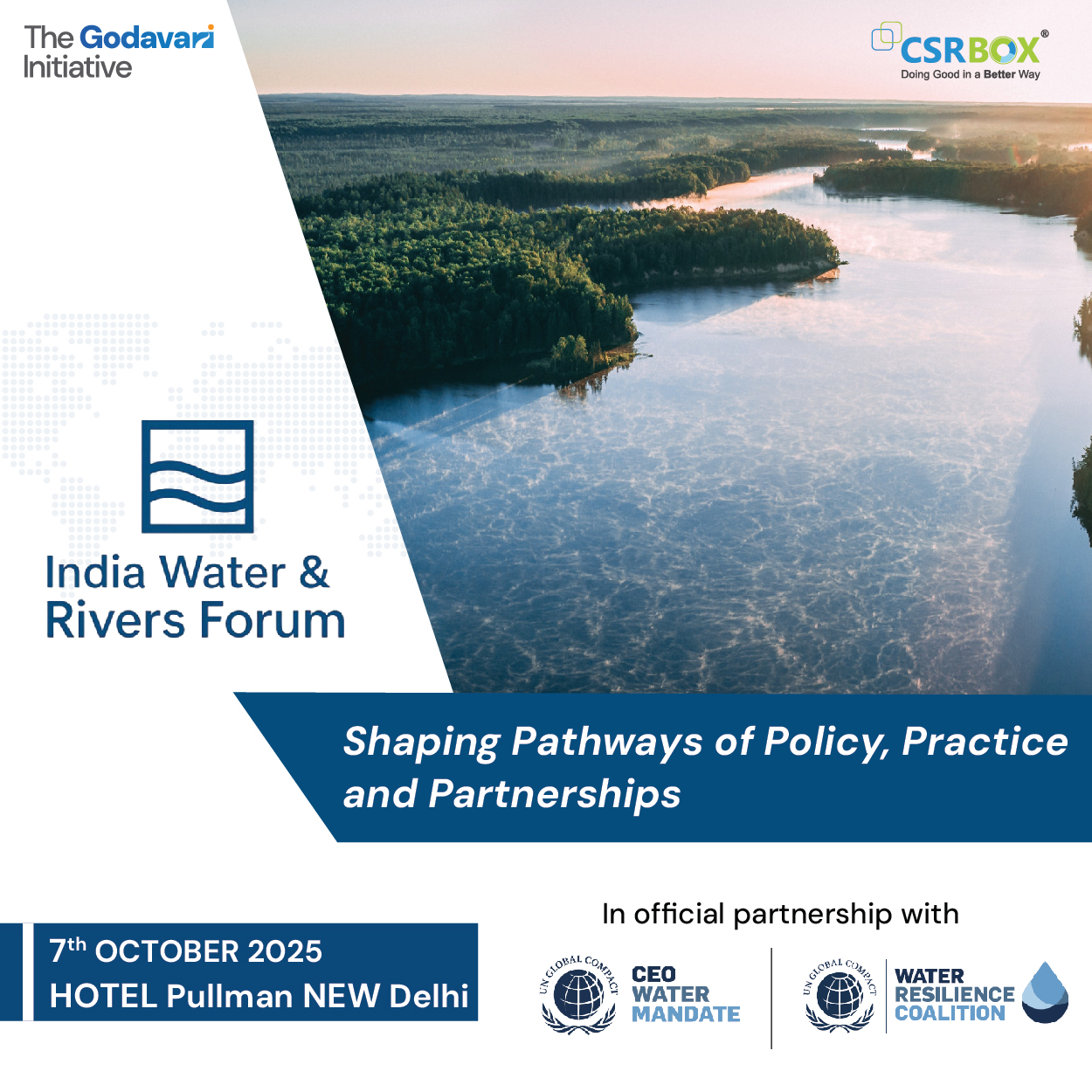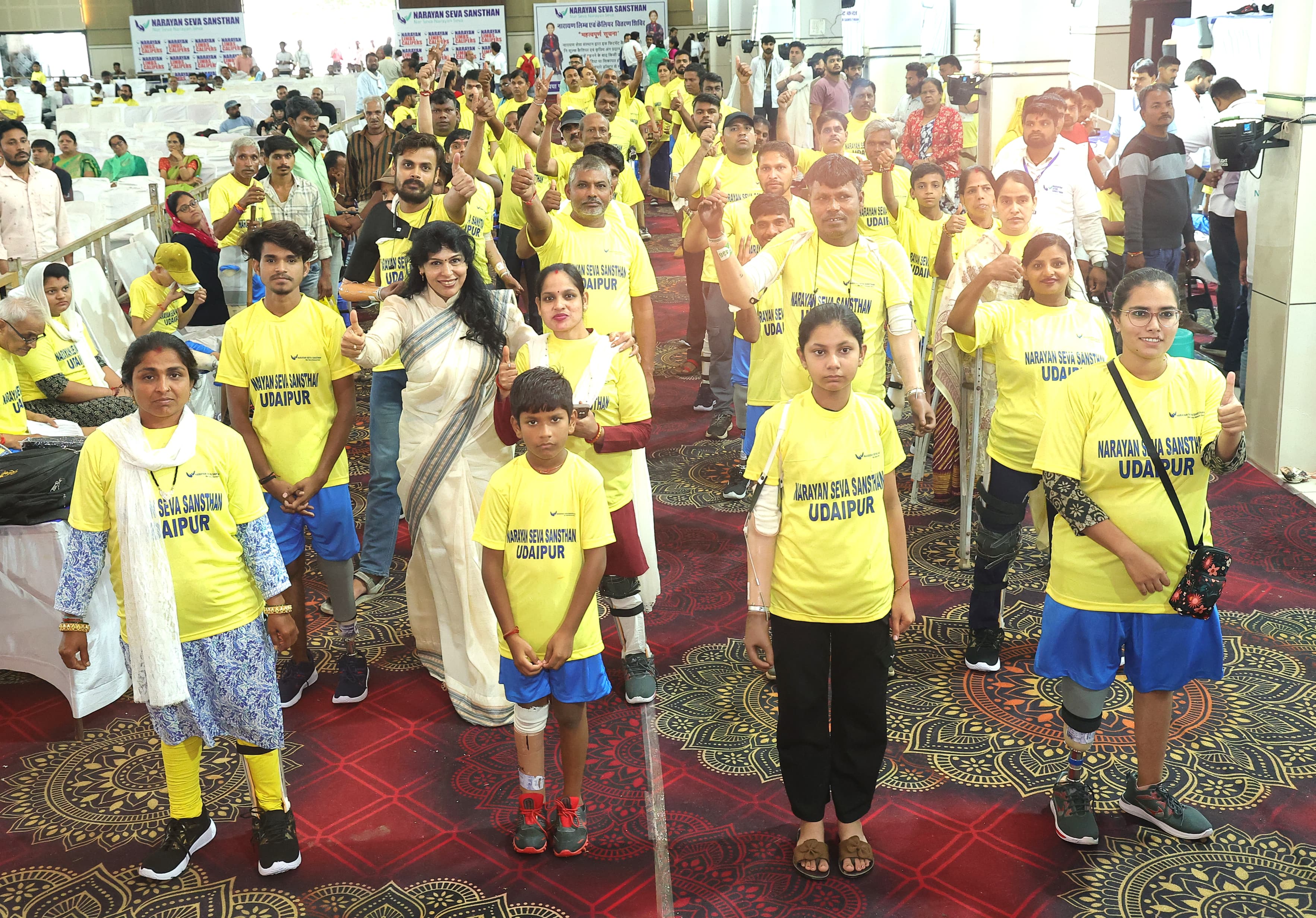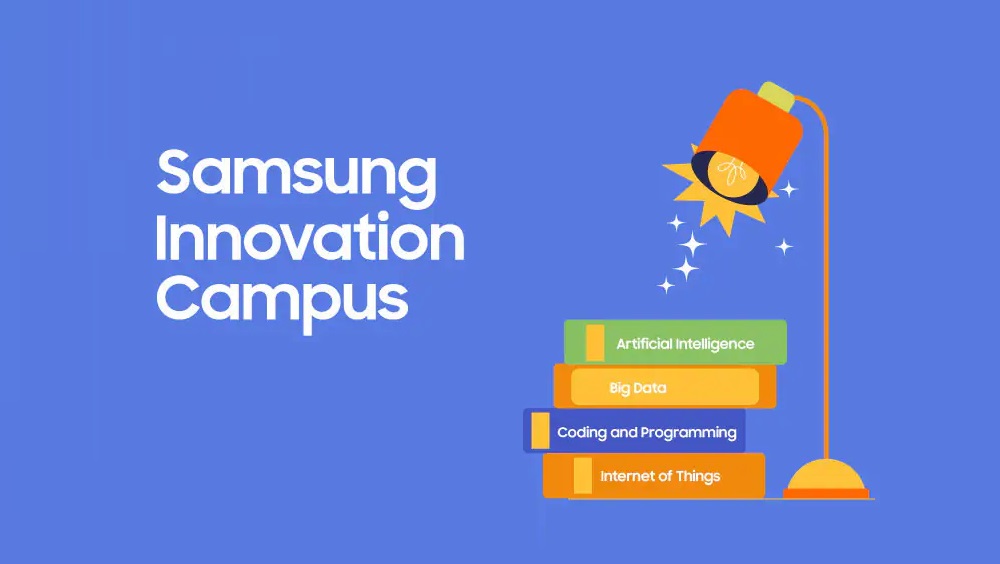Subscribe our Weekly Newsletter
RFP - Meri Panchayat Meri Shakti (MPMS) 3.0

Organization: CREA
Apply By: 20 Sep 2025
RFP - Meri Panchayat Meri Shakti (MPMS) 3.0 “Intersecting Vulnerabilities: Exploring Climate-Induced GBV and Access Pathways to Prevention and Care Services in Uttar Pradesh, Bihar, and Jharkhand”
About the Organization
CREA, an international feminist human rights organization based in New Delhi, India was founded in 2000. Working at community, national, regional, and global levels, CREA is one of the few international feminist organizations headquartered in the Global South. CREA builds feminist leadership, strengthens movements, challenges unjust power structures, expands sexual/reproductive freedoms, and advances the human rights of structurally excluded people.
About the Proposal
This RFP is to commission a qualitative study that will (i) analyze climate-induced gender-based violence (GBV) by examining community-level perceptions and experiences of climate variability and its physical, emotional, and social impacts on women’s vulnerability in the context of violence and (ii) study modalities of access, quality, and responsiveness of GBV prevention and care services across selected districts of Uttar Pradesh, Bihar, and Jharkhand. The study will build grounded feminist evidence to inform CREA's ongoing work under the Meri Panchayat Meri Shakti (MPMS) programme.
Since 2013, CREA has implemented the Meri Panchayat Meri Shakti (MPMS) program in Uttar Pradesh, Bihar, and Jharkhand to strengthen elected women representatives (EWRs) and community women leaders in advancing genderinclusive governance and responding to gender-based violence (GBV). The program addresses systemic barriers such as proxy leadership and has built feminist leadership capacities that have demonstrated measurable shifts in women’s political participation and governance practices.
In its third phase, MPMS 3.0 has expanded to examine the intersections of gender and climate change, recognizing both as critical determinants of women’s safety and agency. This phase emphasizes strengthening local governance systems to address visible and invisible forms of GBV exacerbated by climate vulnerabilities, particularly in Mahoba (Uttar Pradesh), Vaishali and Muzaffarpur (Bihar).
This particular study will generate grounded, context-specific evidence around two components (i) how climate change is shaping vulnerabilities and experiences of GBV at the community level, and (ii) how women access, navigate, and experience GBV prevention and care services. The findings will inform CREA’s strategic engagement under MPMS 3.0, strengthen its evidence base for feminist leadership programming, and contribute to broader advocacy on the intersections of gender, climate change, and GBV.
Study Aim and Objectives
To generate context-based feminist evidence on how climate change worsens GBV in Uttar Pradesh, Bihar, and Jharkhand, and to evaluate the access, quality, and responsiveness of GBV prevention and care services. This aims to support localized, feminist, and climate-resilient programming under MPMS 3.0.
Component 1: Climate Change and GBV – Patterns, Drivers, and Lived Experiences
- To analyze the gendered impacts of climate change at the local level; identify patterns, drivers, and environmental stressors contributing to climate-induced GBV.
- To document the lived experiences of women and girls facing climate-related vulnerabilities and GBV, with focus on intersectionality and structurally excluded groups.
- To examine the roles of community and institutional actors, particularly male PRIs and EWRs, in preventing or responding to GBV in climate-vulnerable contexts.
Component 2: GBV Prevention and Care Services – Access, Quality, and Responsiveness
- To assess the prevalence and types of GBV reported at the community level through participatory discussions.
- To explore survivors’ awareness, access, and use of GBV prevention and care services, including formal mechanisms and informal/community-based mechanisms.
- To understand survivors’ navigation of GBV services, focusing on barriers (stigma, cost, safety, gatekeeping) and enablers (support networks, information, positive practices).
- To examine the quality, accessibility, and responsiveness of GBV services from the perspective of service providers (Women police helpline, frontline health workers, protection officers, ICDS staff, One Stop Center counsellors, legal authorities, shelter home staff), mapping systemic constraints and operational enablers that shape service delivery.
Scope of the evaluation
Scope of Work The selected agency will be responsible for conducting a qualitative, multi-site study in Mahoba (Uttar Pradesh), Vaishali (Bihar), and East Singhbhum (Jharkhand) to examine the intersections of climate change, gender-based violence (GBV), and access to GBV services. The agency will undertake the following tasks:
Study Design and Preparatory Work
- Finalize detailed research design, methodology, and sampling plan in consultation with CREA.
- Conduct a literature review on climate-induced vulnerabilities, GBV pathways, and the status of GBV prevention and response service delivery in the study areas to inform design and tool development.
- Develop study tools including FGD guides, KII/IDI protocols, and participatory mapping formats, ensuring feminist and ethical research standards.
- Translate, pre-test, and refine tools in local languages (Hindi, Bhojpuri, Maithili, Bangla, and relevant tribal languages where necessary).
- Recruit and train a qualified field team (preferably gender-balanced, with prior experience in trauma-informed research and climate/community research).
- Establish field protocols for ethical engagement with survivors of GBV, including safeguarding, confidentiality, referral pathways, and informed consent.
- Secure Institutional Review Board (IRB)/Ethics Committee approval prior to field data collection.
Data Collection
- Conduct fieldwork across six selected panchayats (two per district) and at the district-level institutional sites.
- Ensure high-quality documentation of all discussions and interviews (audio recordings with consent, detailed notes, and observation logs).
- Adhere to the proposed timeline of 40 field days across panchayat and district levels, including buffer days for travel and contingency.
Data Management and Analysis
- Transcribe and translate all audio data into English, ensuring accuracy and anonymization.
- Code and analyze qualitative data using feminist and intersectional lenses, focusing on:
- Gendered climate vulnerabilities and GBV linkages.
- Survivor trajectories of service-seeking and barriers encountered.
- Institutional roles, accountability gaps, and systemic enablers/barriers.
- Produce structured outputs with district-wise and thematic synthesis.
Deliverables
The agency will be expected to submit the following outputs:
- Inception Report (methodology, sampling framework, data collection tools, training plan, ethical protocols).
- IRB/Ethics Approval Certificate – prior to commencement of fieldwork.
- Fieldwork Completion Report (log of FGDs, IDIs, KIIs, and mapping exercises, with participant counts).
- Transcripts and Notes (in English, anonymized, and formatted for analysis).
- First Level Draft Analytical Report (covering findings by component, with thematic and district-level disaggregation).
- Validation Workshop with CREA and stakeholders to present preliminary findings.
- Final Report (incorporating feedback, with executive summary, methodological annex, and recommendations).
Eligibility
- Minimum 5 years of research in gender and climate justice
- Proven experience in trauma-informed ground-level research, preferably on GBV and interconnecting issues.
- Strong expertise in participatory, qualitative, and feminist research methods.
- Demonstrated experience working with rural women, EWRs, and marginalized groups.
- Capacity to work in Hindi-speaking regions, particularly U.P., Bihar, Jharkhand.
- Strong reporting and documentation skills in English and Hindi.
How to Apply
Send your proposal to: rfp@creaworld.org
Budget: It should be noted that this is a competitive bidding process, and evaluations of financial proposals will also be done based on the submitted budget. The budget needs to include all costs, including GST.
Deadline: 20th September, 2025, 06:00 PM IST
Subject line: Please include “Request for Proposal – Research Study Meri Panchayat Meri Shakti (MPMS) 3.0” in the subject line of the email.
For more information please check the Link
Join us for the 12th Edition of India CSR & ESG Summit 2025 | Register Now
Latest Online Store
Latest Grants
Latest News
© Renalysis Consultants Pvt Ltd

























.jpg)
